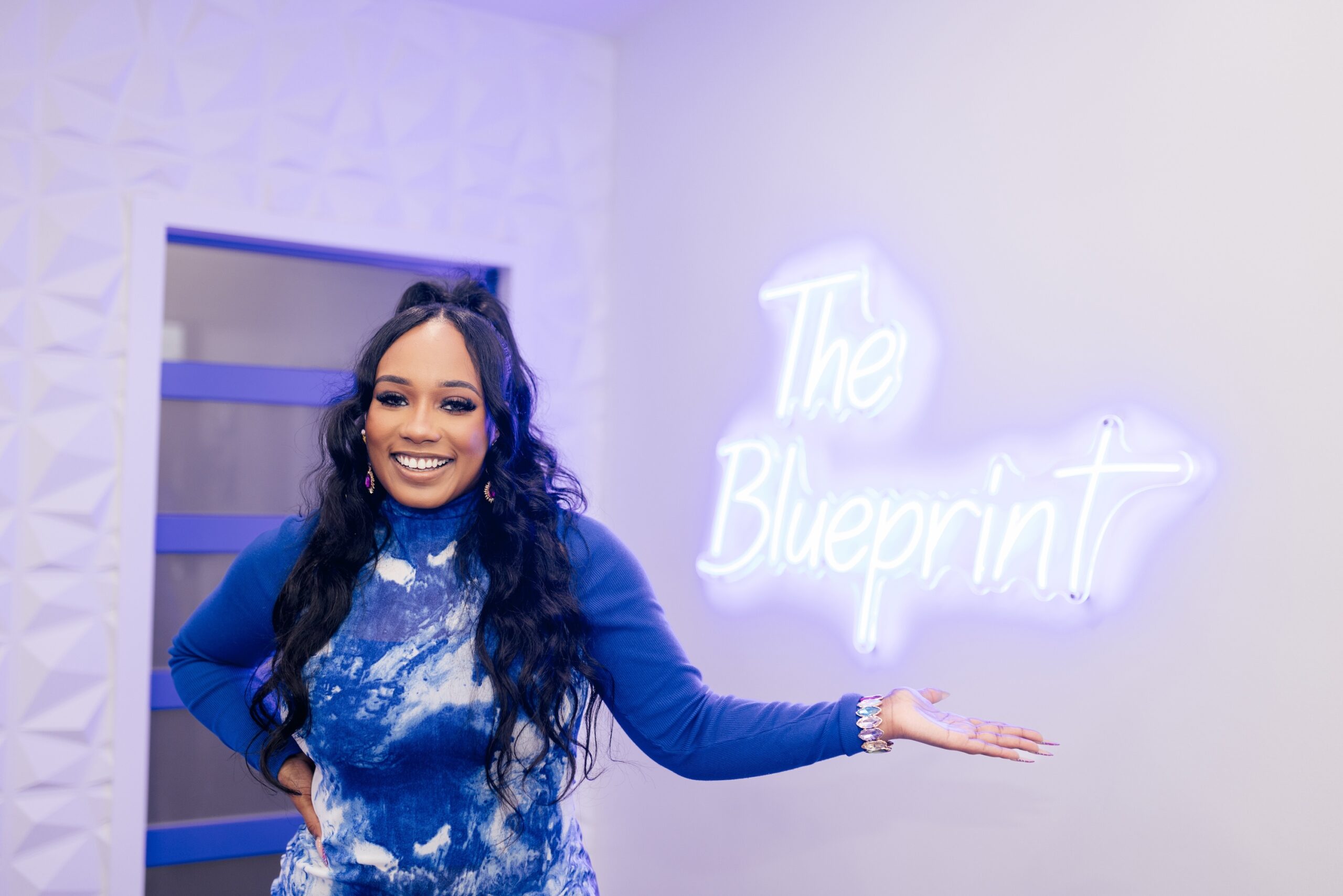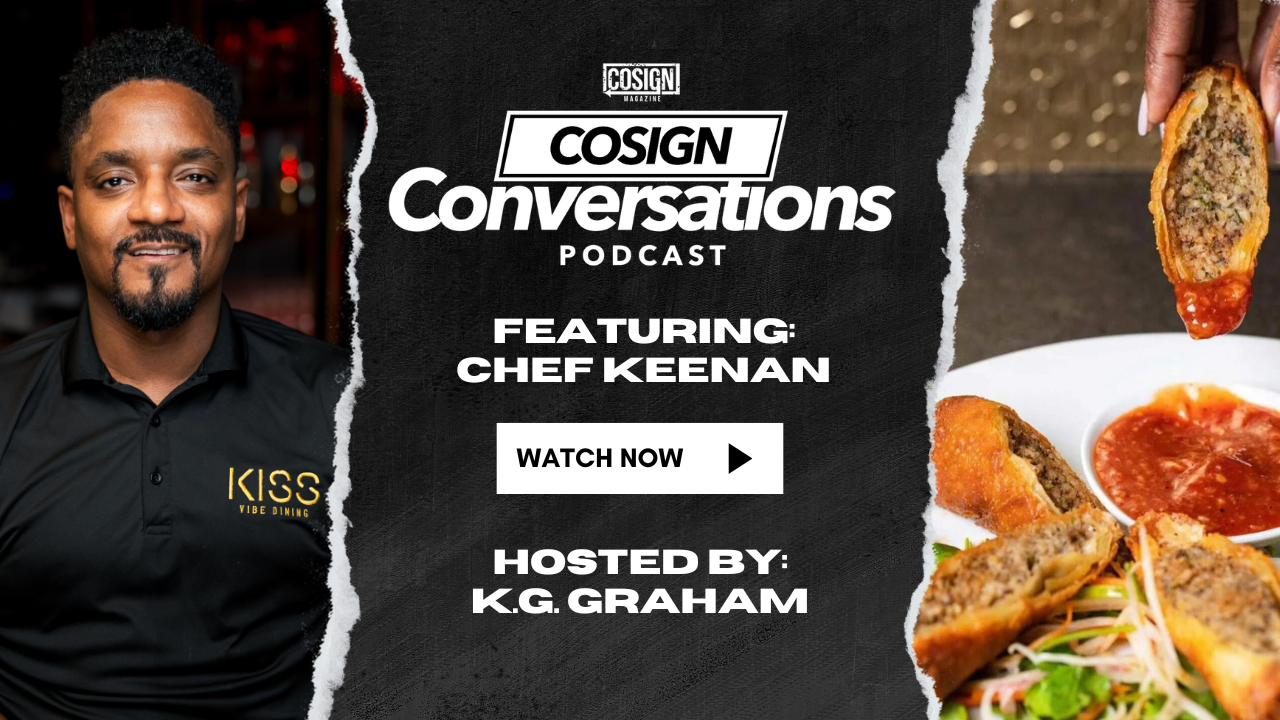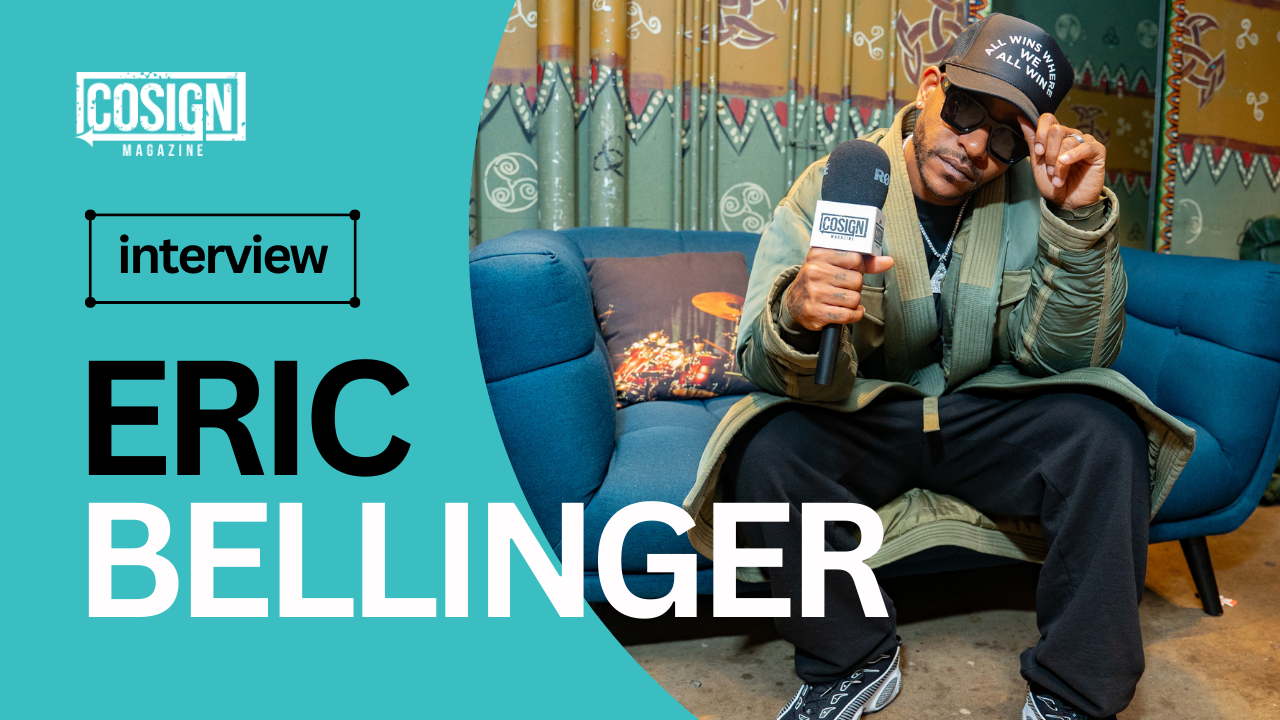Written by Bradford Howard

Let’s get one thing clear: I never HATED J. Cole.
How can you hate someone who literally camped outside of his mentor’s label office, mixtape in hand, until he finally got noticed? Then he got signed to said-label, before branching out and starting his own. I was disappointed with “The Sideline Story”, especially since “The Warm-Up” and “Friday Night Lights” rolled out the red carpet for a young emcee with slick delivery and impeccable storytelling ability. “Born Sinner” made me a believer, and then “2014 Forest Hills Drive” came along at the close of 2014, abruptly disrupting all “Album of The Year” lists that had been assembled at the start of December. Cole would follow that up with arguably his weakest LP since Sideline, 4 Your Eyez Only. Sales aside, how Eyez managed to underwhelm with a monster of a lead single (that ironically didn’t make it onto the actual album) is anybody’s guess.
If anything, I hated what J. Cole’s fans made him out to be.

Cole’s fanbase is undeniable. They’re responsible for propelling Fayetteville’s native son to two – soon to be, if not already, three – back-to-back albums with a platinum status that were completely feature-free. They made the “double platinum with no features” running joke possible. They were also the ones who claimed their favorite rapper could only be enjoyed by select elevated minds. J. Cole fans felt that, if you didn’t get Cole, it was YOUR fault. If you didn’t get Cole, it was because you lacked the so-called “certain level of intelligence” required to enjoy the depths of his bars. There were times when Jermaine was the equivalent of Audio Ambien. And rather than blame that on the rapper’s at times boring execution, on his inability to maintain momentum at times on projects, it was never Jermaine’s fault. It was always ours.
Which brings us to 2018 and K.O.D., Cole’s first LP in two years and his first major splash since logging a solid appearance (and giving the world a heads up about Spillage Village) on DJ Khaled’s ‘Major Key’ LP in 2016. Jermaine gave people about a week to prepare for K.O.D.’s’ release, sharing news of drop-in album listenings in two major U.S. cities on that Monday and Tuesday and releasing the tracklist and cover artwork that Wednesday. Those who attended the advance listenings had plenty to share. K.O.D.’s, title, for example, could either be ‘Kids on Drugs’ or ‘King OverDosed.’ The songs “sounded like nothing they’d heard from Cole before.” And the last song was “the intro to a second album that was on the way.”
Depending on who you ask, K.O.D is J. Cole’s best or second-best album. It flips everything anyone’s ever believed about Cole on its head. Or rather, it is Cole’s most ambitious offering precisely because it conflicts with everything he’s presented himself to be. A family man who scowls at fame and wasting money has no place in the world of ‘K.O.D.’ – a world where excess, indulgence, vices, temptation and frustration are princes, and one King rules over them all.
Simplistic, catchy hooks. Trap-style instrumentals. Somewhere in Atlanta, Desiigner is sitting down fuming that Cole beat him to make a record like “Motiv8.” “ATM” is aggressive and so counter-culture to who Cole is as a person, that if you heard it isolated not knowing it was on K.O.D., you wouldn’t believe it’s a J. Cole song. “Photograph” sums up social media dating culture in less than four minutes, from the perception you form and impressions you make of someone you’ve never met, to the hope that the “likes” and “DMs” will eventually lead you both someplace. Album standout “Kevin’s Heart” out-TrapSouls Bryson Tiller and uses Kevin Hart’s real-life infidelity and the fallout behind it to enter into a serious conversation about refusing temptation to protect what’s at home. And records like “The Cut Off” and “FRIENDS” critique the new company one finds themselves in – and the new ugly face that old company might wear – once success starts coming in.
It doesn’t take a certain level of intelligence to appreciate J. Cole, but J. Cole certainly deserves to be appreciated for his intelligent execution. K.O.D. is a parody at the core. It laughs at drug culture and scorns at how easily it sucks in unsuspecting, impressionable kids. “Once An Addict” is a jarring interlude amidst all the fun and hype on the album, where Jermaine recounts the powerlessness of witnessing family members struggle with drugs when he was younger. It makes fun of the rappers who thrive off of this type of music – right down to “1985,”.
In essence, K.O.D. is simply Cole doing them better than them. He knows this isn’t who he is, he’s just putting on a show. He can cite his “pharmaceutical plug” on the title track and not miss a beat. The character of “kiLL edward” alone plays upon all the “Lil’s” that make up the current culture. It’s the kind of album he could’ve been made. It’s his way of telling his detractors, “If that’s what you like, I can do that, too. I just choose not to.” And his detractors are the ones singing the highest praises for K.O.D.
 Once upon a time, Lupe Fiasco told himself, sarcastically, “You’re going over their heads, Lu’ – dumb it down.”
Once upon a time, Lupe Fiasco told himself, sarcastically, “You’re going over their heads, Lu’ – dumb it down.”
That’s why I hate K.O.D. Not because J. Cole dumbed himself down – but because J. Cole knows “dumbing down” was the only thing that got in the way of him “blowing up.” The “b*tch niggas that hated” that Cole cited on “Nobody’s Perfect,” can’t hate THIS album. K.O.D. allows J. Cole to laugh at us all: to laugh, maybe bitterly, at those who called him boring or corny. K.O.D. shows how easy it is to hook rap listeners if you stick to a formula. How easy it was for him to make. I hate that K.O.D. proves Cole and his fans right – it’s the ultimate evidence that it just might take a certain level of intelligence to appreciate Jermaine Cole. Not because he’s some unreachable genius, but because the moment intelligence was taken out of the equation, he finally won the modern rap fan’s heart. Maybe that part, IS our fault.










